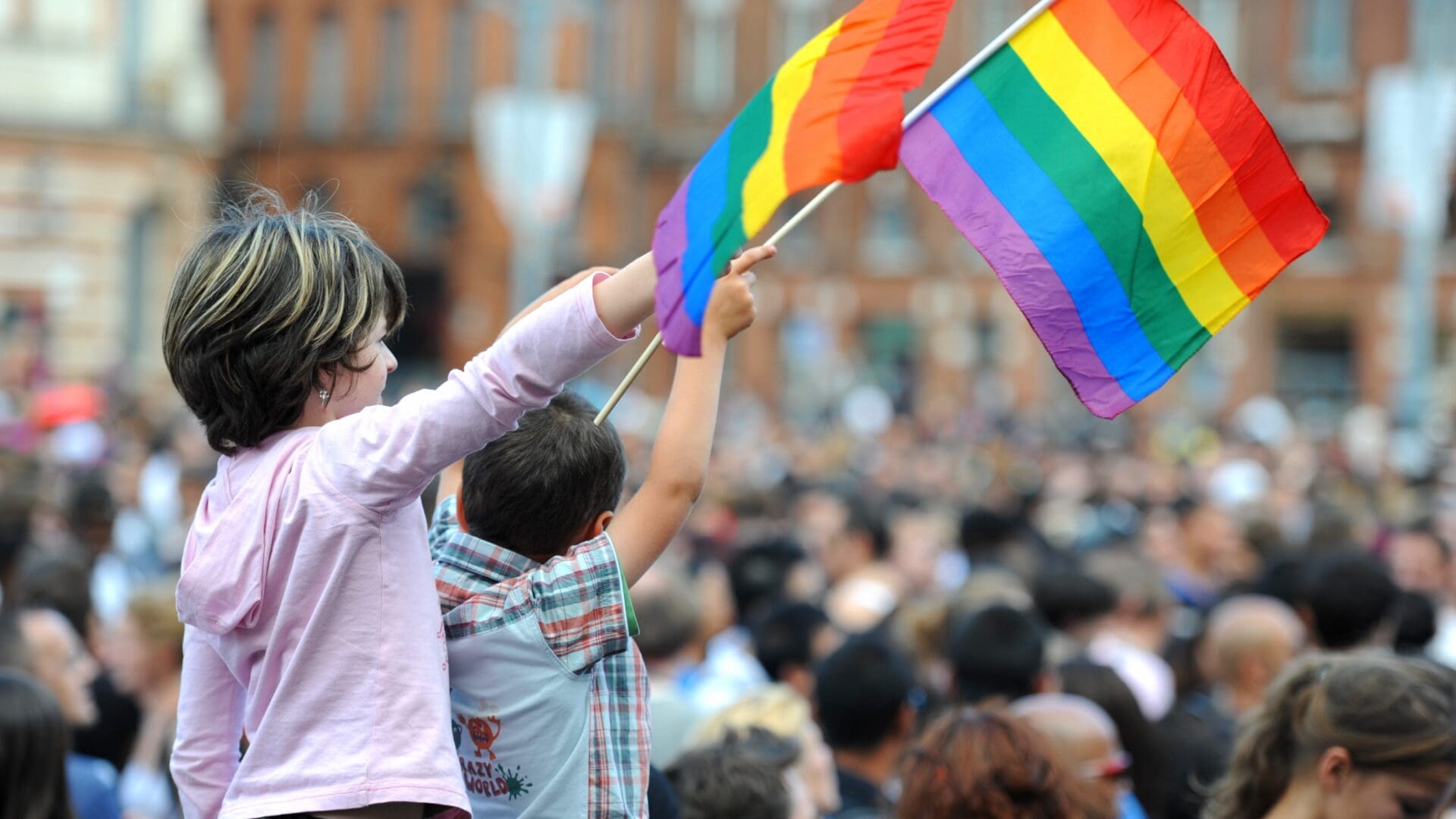The stakes in the European Commission—backed by 16 member states—versus Hungary case at the Court of Justice of the European Union (CJEU) may be among the highest in the history of the European Union. This week, the EU’s highest court began hearings on the case, which focuses on what critics label as Hungary’s ‘anti-LGBTQ’ child protection law.
The Hungarian Parliament adopted the Child Protection Act in June 2021. This legislative package includes a ban on promoting homosexuality and gender reassignment to individuals under 18, as well as regulations on sex education in schools. The law was further tightened this year, introducing measures such as the prohibition of parole for individuals sentenced to imprisonment for crimes against the sexual freedom and morality of persons under the age of 18.
The Child Protection Act has faced repeated criticism from EU bureaucrats. European Commission President Ursula von der Leyen has openly acknowledged that Brussels is withholding a significant portion of EU funds from Hungary, citing concerns over LGBTQ rights and migration restrictions. This action came despite the fact that an overwhelming majority of Hungarians supported the government’s position in the country’s 2022 child protection referendum.
The stakes of the CJEU hearing are significant not just for Hungary but for the broader European Union. In recent years, inspired by Hungary’s example, several EU Member States, including Slovakia, Bulgaria, Romania, and Italy, have either introduced or are considering similar legislation aimed at shielding children from the influence of gender ideology and LGBTQ advocacy. Unsurprisingly, this has provoked strong opposition from the global left-wing elite.
‘This month, Europe has a chance to halt the wave of homophobic violence and authoritarianism that Viktor Orbán set in motion across our continent—with Vladimir Putin’s blessing—when he passed a propaganda law in June 2021,’ Esther Martinez and Alejandro Menéndez, director and legal advisor of the NGO RECLAIM, which advocates for LGBTQ rights, among other causes, write in an opinion piece published in EUObserver. The authors place significant importance on the hearing, stating: ‘They [the CJEU] will not just be ruling on one law. This is a battle over the future of what can be taught, spoken, and accepted across the entire continent.’
If the CJEU rules against Hungary, the decision could have far-reaching and unforeseen consequences for both the country and the European Union as a whole. Critics in Brussels, many of whom harbour strong anti-Hungarian sentiments, are already suggesting that such a ruling might pave the way for stripping Hungary of its voting rights in EU decision-making processes. This would set a dangerous precedent, fundamentally shaping the EU’s future by signalling that member states diverging from the mainstream consensus can be systematically oppressed and exploited by the majority.
‘The decision could have far-reaching and unforeseen consequences for both the country and the European Union as a whole’
There is every likelihood that the CJEU will rule against Hungary. As Hungarian Conservative has frequently reported, European courts are dominated by judges with a distinctly liberal, progressive interpretation of human rights. This bias has been evident in their rulings on migration, and there is little doubt that their stance on LGBTQ rights will similarly clash with Hungary’s more conservative perspective.
An opinion from the advocate general in the hearing is anticipated in three to four months. This opinion will provide significant guidance on the direction the court is likely to take in its final ruling, which is expected to be delivered a few months thereafter.
Related articles:








